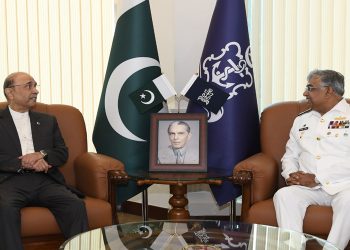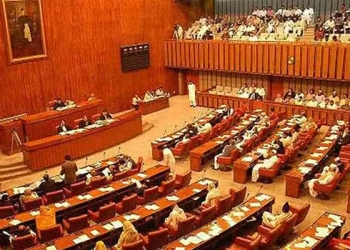In a remote region of Kohistan, Pakistani police are delving into the tragic case of an 18-year-old woman, whose alleged “honour killing” is suspected to be linked to manipulated images that circulated widely on social media. The authorities believe that the victim’s father and uncle executed the shooting on orders from a tribal council known as a jirga.
The father has been apprehended on a murder charge, while the uncle remains at large. The targeted man in the manipulated photo is presently in protective custody. Notably, two other individuals, a young woman and a young man, faced death threats after similarly manipulated images of them surfaced on Pakistani social media platforms.
Law enforcement officials revealed that the manipulated pictures, in both cases, were likely altered and disseminated through fake social media accounts. Investigations are ongoing to identify the culprits behind the creation and spread of these images.
The mountainous region of Kohistan, located in northern Khyber Pakhtunkhwa province, has gained notoriety for its conservative and secluded nature, where instances of so-called “honour killings” have been reported in recent years. These heinous acts are typically carried out by relatives who claim to be defending their family’s honour.
Local authorities have taken the second woman into protective custody but subsequently released her to her family following a court hearing, during which she asserted that she faced no imminent threat to her life at home.
Reports emerged on Monday that police were conducting raids in the deceased woman’s residence, seeking other villagers allegedly involved in advocating for her killing.
In areas like Kohistan, the notion of an “honourable” murder stems from tribal customs, where an accusation against a woman is perceived as bringing dishonour upon her relatives. According to these customs, male family members are expected to take drastic actions against both the woman and the man involved.
Human rights groups highlight that common reasons for “honour killings” include victims refusing arranged marriages or experiencing rape or sexual assault. However, these killings can also be triggered by seemingly trivial reasons such as dressing inappropriately or displaying disobedient behavior.
Tragically, Pakistan witnesses hundreds of such killings each year, with women being the primary victims. In 2011, a similar incident in Kohistan, involving the filming of women singing at a wedding, led to a blood feud resulting in the deaths of four men.
In response to the alarming prevalence of “honour killings,” Pakistan amended its legislation in 2016 to impose mandatory life sentences on perpetrators. Despite this legal change, human rights groups argue that killers often evade justice. Notably, last year, the brother of social media star Qandeel Baloch was acquitted of her murder on appeal, despite having initially confessed to the crime, claiming it was to protect the family’s honour.








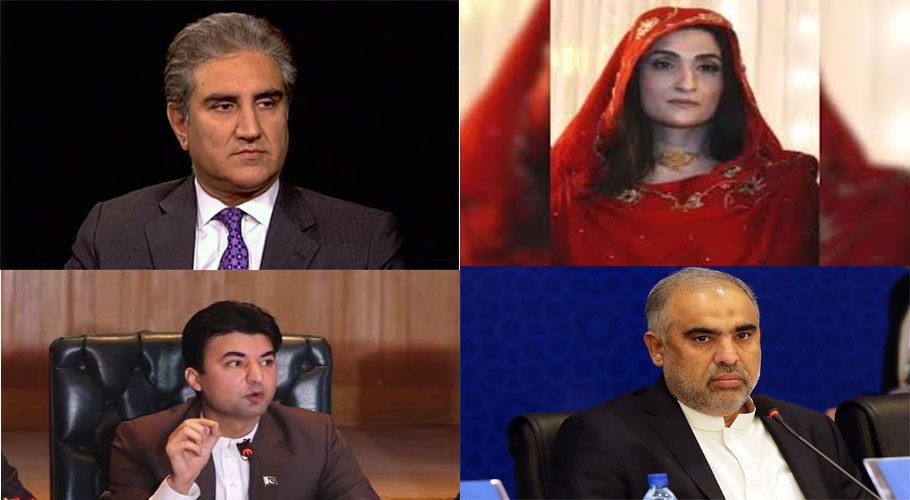
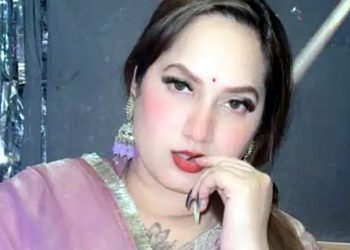




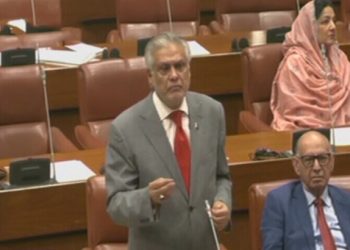




![This handout photo released by the IRGC’s official Sepah News Telegram channel shows smoke billowing from a site bombed by Israel in Tehran early on June 13, 2025 [Sepah News/AFP]](https://mmnews.tv/wp-content/uploads/2025/06/Israel-attack-on-Iran-1-350x250.jpg)
